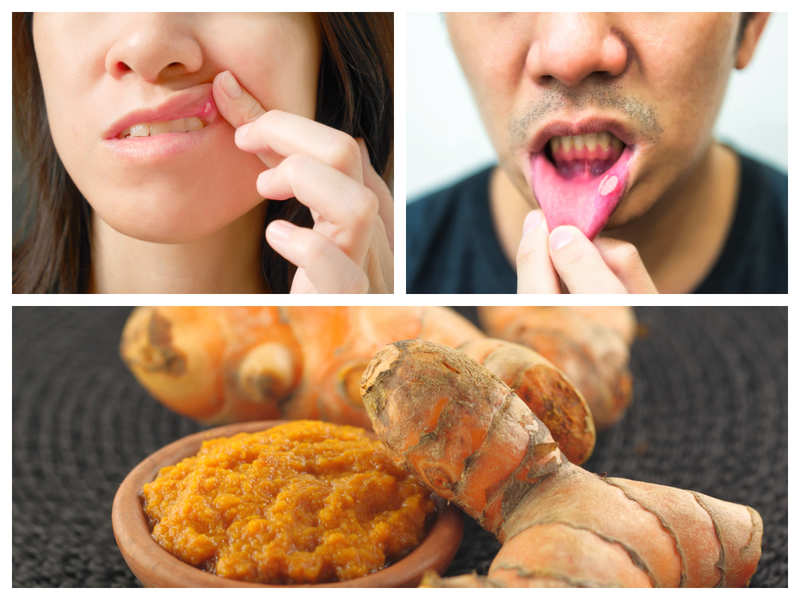

Drinking alcohol (including wine or beer) can make your ulcer more painful, both from the stomach acid that may be produced and from the alcohol coming into contact with the ulcer itself. This is more likely to occur if you or your child have had a stomach ulcer in the past, if you smoke or drink alcohol regularly, if you are over 60 years of age, are in poor health, or are using certain other medicines (eg, steroids, blood.

This problem can happen without warning signs. Preliminary studies found that drinking small quantities of wine (up to one standard drink per day for women and one to two drinks per day for men), particularly of red wine, may be associated with a decreased risk of cardiovascular diseases, cognitive decline, stroke, diabetes mellitus, metabolic syndrome, and. No specific amount of consumption is associated with relief. Drinking alcohol with an ulcer is not recommended. Meloxicam may cause bleeding in your stomach or bowels. The health effects of wine are mainly determined by its active ingredient alcohol. After the 7 day period, participants returned for another blood draw, stool collection, and urine collection after consumption of a sugar mixture. Drinking alcohol can also interfere with the healing process of ulcers that are already present, thus prolonging and exacerbating the symptoms. This leads to inflammation and increases the risk of an ulcer developing. Participants were asked to not consume any other alcohol during the duration of the 7 day study. Alcohol can irritate the lining of the stomach if people drink excessively. You can drink cranberry juice, eat cranberries, or take cranberry supplements. The red wine was the same for each participant: a 2003 vintage Chilean Cabernet Sauvignon. They help to reduce the risk of ulcers by producing compounds called prostaglandins, that help to protect the lining of the stomach and intestines (Mori et al, 2006).Ĭranberry and cranberry extract also may help fight H. Oily fish, like salmon, mackerel, sardines and herring contain omega-3 fatty acids. Doctors suggest leafy veggies, broccoli, yogurt, apples, olive oil, berries and probiotic-rich foods are good because they help reduce and fight off the bacteria that causes the ulcers in the. Each ulcer lasts from two weeks to several months, but will heal leaving a scar. Usually only one or two appear at a time. Major aphthous ulcers occur in about 1 in 10 cases. Milk: Milk used to be recommended as a treatment for ulcers, but the latest research has found that it increases stomach acid, so it's best to avoid it.Īdditionally, is fish good for stomach ulcers? Foods Safe to Eat with Stomach Ulcers Learn More One option that may be worth a try for acid reflux caused by wine consumption is to see what happens if you choose wines that are less acidic. Each ulcer lasts 7-10 days, and then goes without leaving a scar. Caffeine: You should cut back or eliminate coffee, tea, and caffeinated sodas, as these can increase stomach acid production. Likewise, what an ulcer patient should not eat? Avoid wine, beer, and spirits. pylori infection or by helping treatments work better. Thereof, what food is good for stomach ulcers?įoods like yogurt, miso, kimchi, sauerkraut, kombucha, and tempeh are rich in “good” bacteria called probiotics.


 0 kommentar(er)
0 kommentar(er)
